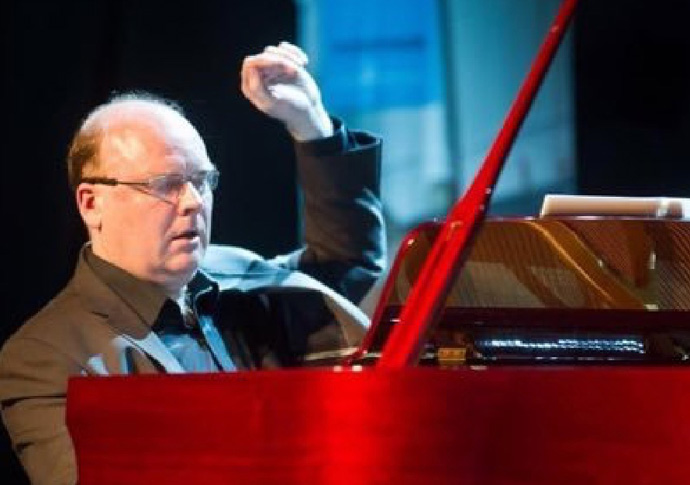‘A society without culture would be a very bleak place’
People in the UK downplay our own creativity, says professor
Friday, 30th August 2024 — By Dan Carrier

Professor Ian Pace
WHILE our cultural output is celebrated around the world – from our pop music to literature, film to theatre – people in the UK have a unique and often downplayed approach to our creativity, says Professor Ian Pace.
Professor Pace, who teaches music, culture and society at the City University is also a renowned concert pianist. He said the music education in this country is very different to abroad.
“The arts are what makes a society what it is,” he said. “This is understood in Europe. Here, we tend to define culture as solely entertainment.
“It is vital policy makers recognise how important the arts are.
“The biggest thing of all is to ensure there is equality of access. You need to acknowledge what makes a life worth living, and a society without culture would be a very bleak place indeed.”
He added: “There is something about cultural education in the UK that does not believe you can teach people things – you can either intuitively do something or you can’t.”
Professor Pace said this had fostered an attitude that a creative person has an innate talent and that hard work, while important, is not essential. In turn, it affects how subjects such as music and art are taught.
Other countries have shown how a dedication to the arts in the curriculum has a swathe of knock-on effects for individuals and society at large.
“Look at the former USSR for example,” Professor Pace said. “Music education was given a sense of importance. You could go to the most isolated regions and hear a youth orchestra that would be absolutely fantastic.
“There was a basic level people attained and it put the UK’s music education in the shade. They sought high standards and their system produced results.
“The same can be seen in Asian countries – South Korea and Japan really looked at how they trained classical musicians.
“If you are going to play high level music you do need to have a good technical approach. That is self evident. Talent is of course a factor but an awful lot more people could reach a higher level than they do now. It takes focus, teaching and discipline.”
His own music journey began aged six when his mother bought an upright piano. By the age of 10, his talent and interest were such that he earned a place at a music school.